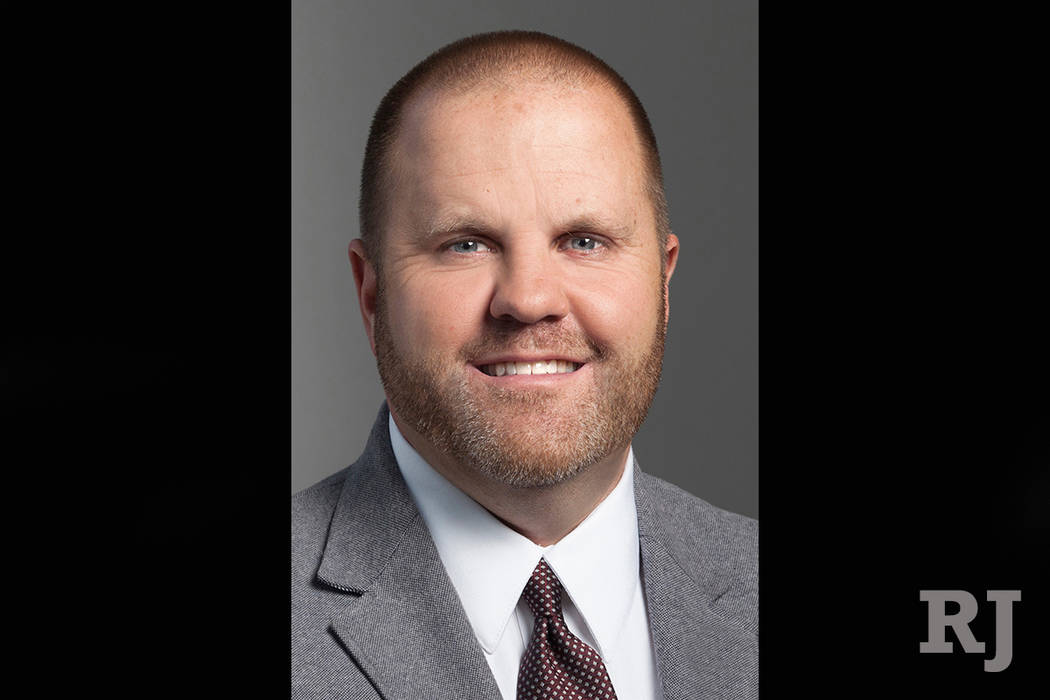Nevada will help Clark County find funds for special foster care

Clark County and the state of Nevada will spend the rest of the year working together to fill a looming funding gap for Southern Nevada’s specialized foster care program.
Assistant County Manager Kevin Schiller announced the “180-day transition plan” at Tuesday’s County Commission meeting.
The state’s plan to phase out a longtime Medicaid funding stream through a service called basic skills training caused unease at a commission meeting earlier this month. Medicaid payments for basic skills training make up more than half the money received by local specialized foster care agencies, which provide services to some 450 foster children with severe mental, physical and emotional disabilities.
Nevada Health and Human Services Director Richard Whitley told commissioners Tuesday that the state plans to move forward with a policy change that will phase out reliance on basic skills training. However, he also pledged that before funding begins decreasing in January, the state and county will find a way to bundle Medicaid-covered services that will better serve foster children and help fill the anticipated gap.
“I’m here to commit that certainly (there’s) a vulnerable population we don’t want to go without services, but we want to get them all the services that are appropriate,” Whitley said.
The county and state’s plan contains a second major component.
Specialized foster care agencies will no longer assess foster children to determine what Medicaid-billable services they need. Whitley wrote in a letter to commissioners, “Medicaid data indicates only 65 percent of children in Clark County (specialized foster care) have received any type of behavioral assessment.”
Schiller said the children will be assessed by an independent medical provider, likely state-approved Federally Qualified Health Centers.
The announcement drew criticism from Valerie Hicks, executive director of the Specialized Alternatives for Families and Youth of Nevada foster care agency. She said the agencies accredited to perform the assessments had not been told why they would no longer be responsible for them.
“It will be a situation where we’re adding more complexity to an already complex system,” she said.
Schiller said he will appear before the commission again in 90 days to give an update on how the change is going.
“It’s going to be some hard work to get it in place,” he said of the new system.
^
Contact Michael Scott Davidson at sdavidson@reviewjournal.com or 702-477-3861. Follow @davidsonlvrj on Twitter.